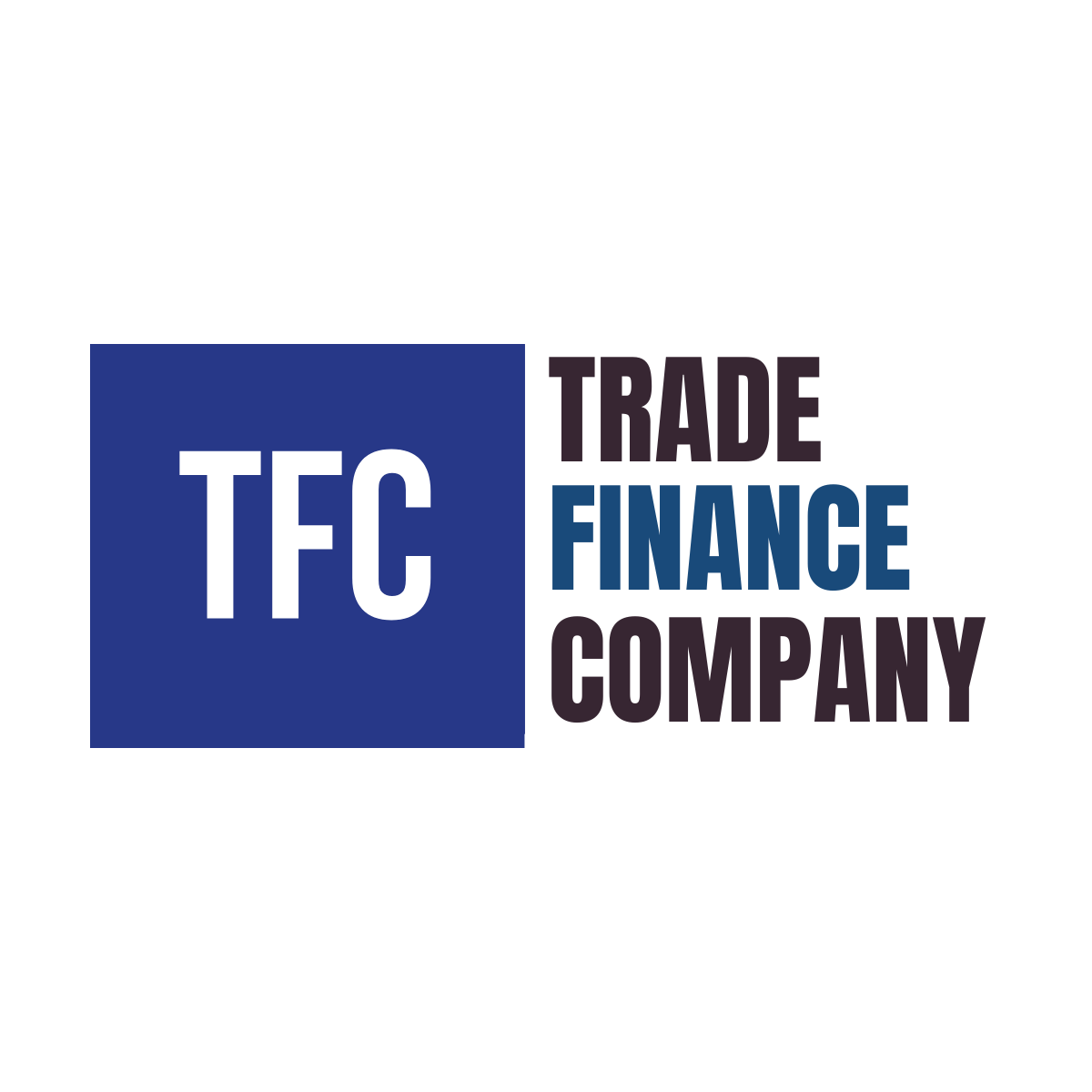How Trade Finance Supports Global Supply Chains
The smooth functioning of global supply chains is critical for economic growth, production continuity, and customer satisfaction. Trade finance acts as the backbone of these supply chains—facilitating timely payments, ensuring trust among trading partners, and enabling companies to procure raw materials and deliver goods across continents without disrupting cash flow. Without trade finance, global supply chains would be more fragile, expensive, and unreliable.
By reading this blog, you’ll understand the essential role trade finance plays in strengthening and sustaining global supply chains. You’ll discover how it empowers businesses to reduce risk, maintain liquidity, and build stronger international relationships—all of which lead to better resilience and competitive advantage in today’s unpredictable global markets.
Picture a factory in Asia that relies on raw materials from Europe and sells finished products in North America. A delay in payment from one client or a bottleneck in procurement could bring the entire production line to a halt. For thousands of businesses like this one, trade finance is more than a tool—it’s a lifeline. It brings the assurance that suppliers will be paid on time and buyers will receive goods as agreed, even when economic conditions are uncertain.

“Trade finance is the grease that keeps the gears of global supply chains moving. Without it, trust would break down and trade would slow to a crawl.”
— James Kim, International Supply Chain Strategist

In the next sections, you’ll explore exactly how trade finance supports every link of the supply chain—from procurement to final delivery. You’ll learn about the tools and strategies businesses can adopt to keep inventory moving, avoid payment disputes, and protect working capital. Most importantly, you’ll gain actionable tips on how to use trade finance to stabilize your operations and expand your business reach without bearing unnecessary financial risk.
5 Key Steps to Strengthen Your Supply Chain with Trade Finance
Step 1: Use Letters of Credit to Build Trust Across Borders
Letters of Credit (LCs) are among the most reliable trade finance instruments that ensure payment upon compliance with agreed terms. This builds confidence between exporters and importers, even if they’ve never worked together before.
How to implement:
• Ask your bank or trade finance provider to issue or confirm an LC when entering into international contracts.
• Make sure all terms (like shipping dates and document requirements) are clearly defined in the LC.
• Work closely with your suppliers to ensure they understand and meet the documentary requirements for prompt payment.
Step 2: Improve Cash Flow with Supply Chain Financing
Supply chain finance (also known as reverse factoring) allows suppliers to receive early payments based on the creditworthiness of the buyer, freeing up much-needed cash without taking on debt.
How to implement:
• Talk to your finance partner about setting up a supply chain finance program for your key vendors.
• Use it to help smaller or cash-strapped suppliers who might struggle with long payment terms.
• Leverage early payment discounts while maintaining your own liquidity and payment schedule.
Step 3: Use Performance Guarantees to Ensure Contract Fulfillment
Performance guarantees reassure the buyer that the supplier will meet the contract terms. If not, the guarantee compensates the buyer, minimizing risk and avoiding disruption.
How to implement:
• Request or issue a performance guarantee before large or long-term trade contracts.
• Use these guarantees to secure better contract terms and avoid legal disputes in case of non-performance.
• Choose a financial institution with a solid reputation for issuing enforceable guarantees worldwide.
Step 4: Implement Advance Payment Guarantees for Confidence in Prepayments
In some cases, buyers are asked to pay in advance for raw materials or production costs. Advance payment guarantees protect buyers by ensuring that if the seller fails to deliver, the advance will be refunded.
How to implement:
• When paying suppliers upfront, always request an advance payment guarantee.
• Include specific milestones and refund triggers to ensure accountability.
• Keep a copy of the guarantee readily accessible in case of any delivery issues.
Step 5: Secure Inventory with Stock Finance Solutions
Stock finance (inventory financing) helps you hold and manage inventory without putting strain on your cash flow. This is especially helpful when goods are in transit or stored in warehouses before being sold.
How to implement:
• Partner with a trade finance company that offers stock financing to free up working capital.
• Use inventory reports to show the value of stock and qualify for financing.
• Monitor the turnover rate and storage costs to ensure financing stays cost-effective.

A strong supply chain starts with strong financial support. Whether you’re managing complex imports, looking to support suppliers, or want to improve cash flow, Trade Finance Company can help. Let us tailor the right trade finance solutions to your needs and keep your supply chain moving—no matter where you do business.
Email: info@tradefinancecompany.co
Call: +65 3105 1500
Need advice on letters of credit, inventory finance, or supplier payment options? Contact us today and speak with a trade finance expert.


